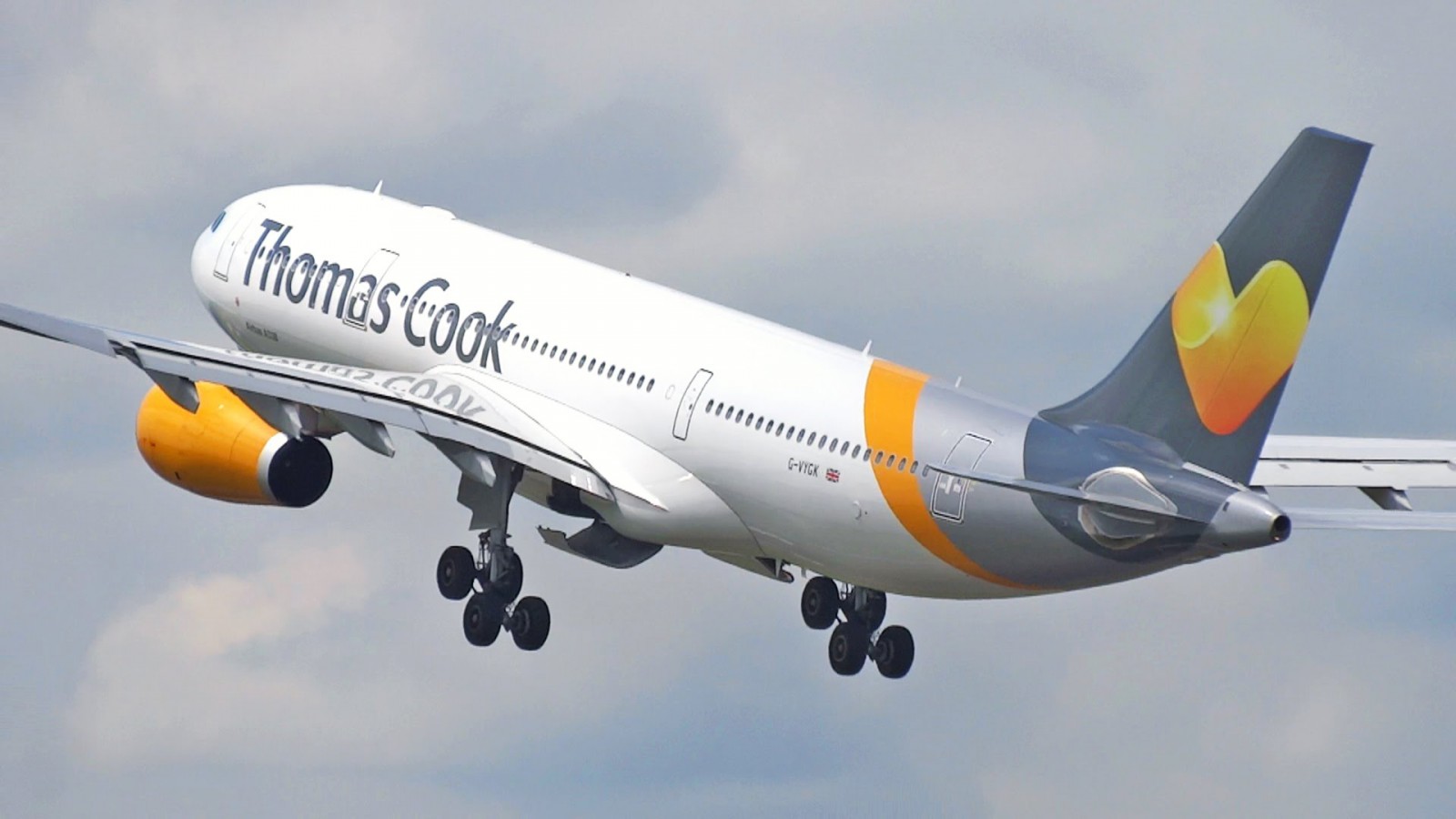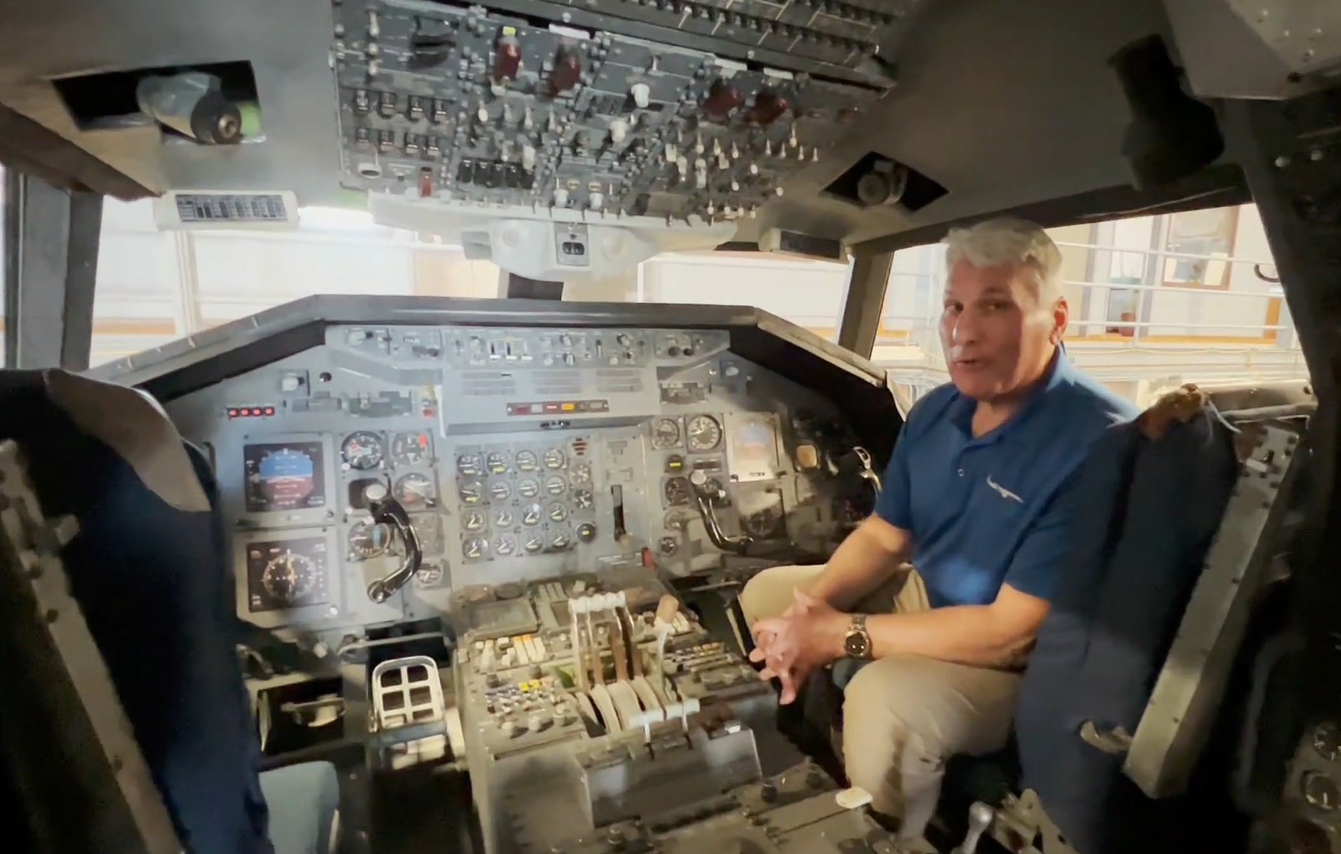Airline collapses show industry remains fragile: IATA.
25 September, 2019
3 min read


Recent airline failures, including the dramatic collapse of 178-year-old British travel company Thomas Cook, underscore the fragile nature of the airline industry, according to a senior industry official.
The Thomas Cook collapse on the weekend has overshadowed the recent collapse of French carrier Aigle Azur and the decision by XL Airways to halt ticket sales and payments and seek a rescue package.
READ: Jetstar pulls out of regional New Zealand
They are part of a string of European failures in recent years that include Monarch Airlines, flybmi, airberlin, Germania and Wow.
Other collpases, many attributed to overcapacity in the European market, include Primera, Small Planet, Azur , Sky Works, Cobalt and Cello.
“What it shows is our industry is fragile,’’ International Air Transport Association boss Alexandre de Juniac told a teleconference Tuesday. “We are not a high margin industry, we are exposed to a lot of risk — including financial and economic risk.
“It is also clear that the restrictions and reductions of our economic conditions contribute to the fragility of the industry.”
The Thomas Cook grounding has left 150,000 travelers overseas and prompted British authorities to launch the biggest ever repatriation by air.
There have been reports of Thomas Cook customers being thrown out of hotels and others grappling with higher than usual airfares as they try to get home.
But most are being repatriated by the UK Civil Aviation Authority which said on its first day it brought back more than 14,700 passengers on 64 flights. That was more than 95 percent of the people who were originally due back with Thomas cook.
Some 74 flights were scheduled to operate on the second day to bring back a further 16,800 people.
“A repatriation of this scale and nature is unprecedented and unfortunately there will be some inconvenience and disruption for customers,’’ said CAA chief Richard Moriarty.
“We will do everything we can to minimize this as the operation continues.”
A number of airlines are helping with the repatriation, including UK carriers British Airways and Virgin Atlantic. Malaysia Airlines has also deployed an A380 to help rescue stranded travelers.
The collapses come as the industry faces a lower global profit this year and there are indications the fall might be bigger than IATA first predicted.
The organization said in June that it expected global airline profits to drop in 2019 to $US28 billion, down from the $US30 billion in 2018.
The industry group is due to update its figures in December and while de Juniac could not discuss numbers, he said he needed to recognize in advance that the trend “was more in the declining mode than in the increasing mode”.
On the cost side, the airline group sees pressure from increases in labor and infrastructure expenses as well as uncertainty over oil prices.
Fuel costs account for 20 to 22 percent of airline costs with that rising to as much as 40 percent for long-haul flights.
“For the moment the oil price has been very, very uncertain, hectic,’’ de Juniac said. “But on average we have remained something around $US50 (per barrel).
“We do not see at this stage a significant impact of the oil price increase because there is not a significant increase yet.”
Another problem for airlines is softening demand.
This is more pronounced for cargo operations and IATA has attributed this to the trade wars and protectionist measures being taken around the world.
Next Article
2 min read
Qantas triples profit but misses mark

Get the latest news and updates straight to your inbox
No spam, no hassle, no fuss, just airline news direct to you.
By joining our newsletter, you agree to our Privacy Policy
Find us on social media
Comments
No comments yet, be the first to write one.
